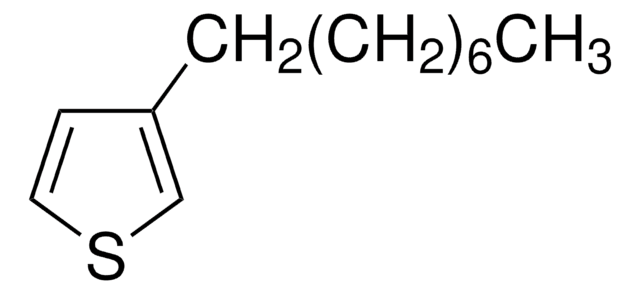About This Item
Recommended Products
Quality Level
Assay
97%
form
liquid
refractive index
n20/D 1.313 (lit.)
bp
98.3-98.5 °C/748 mmHg (lit.)
density
1.596 g/mL at 25 °C
functional group
fluoro
SMILES string
FC(F)(F)c1nc(nc(n1)C(F)(F)F)C(F)(F)F
InChI
1S/C6F9N3/c7-4(8,9)1-16-2(5(10,11)12)18-3(17-1)6(13,14)15
InChI key
LSGBKABSSSIRJF-UHFFFAOYSA-N
Looking for similar products? Visit Product Comparison Guide
Signal Word
Warning
Hazard Statements
Precautionary Statements
Hazard Classifications
Acute Tox. 4 Oral - Eye Irrit. 2 - STOT SE 3
Target Organs
Respiratory system
Storage Class Code
6.1A - Combustible acute toxic Cat. 1 and 2 / very toxic hazardous materials
WGK
WGK 3
Flash Point(F)
235.4 °F - closed cup
Flash Point(C)
113 °C - closed cup
Personal Protective Equipment
Choose from one of the most recent versions:
Already Own This Product?
Find documentation for the products that you have recently purchased in the Document Library.
Customers Also Viewed
Our team of scientists has experience in all areas of research including Life Science, Material Science, Chemical Synthesis, Chromatography, Analytical and many others.
Contact Technical Service




![Sodium tetrakis[3,5-bis(trifluoromethyl)phenyl]borate](/deepweb/assets/sigmaaldrich/product/structures/251/439/7a621e74-bfd1-4a43-833c-09adfcc1e0b3/640/7a621e74-bfd1-4a43-833c-09adfcc1e0b3.png)






